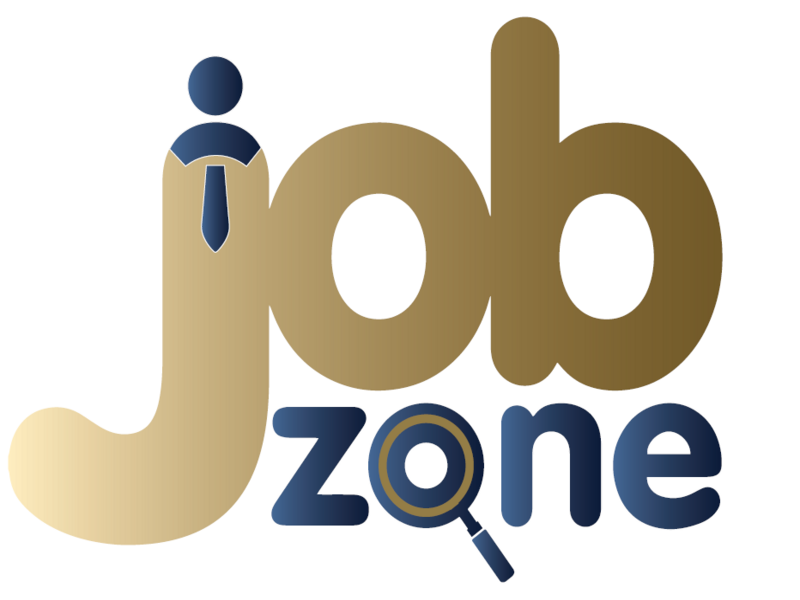
24
May
2023
161
We understand it’s tough to put one’s career experiences and achievements into an effective resume. Therefore, our main focus is to provide comprehensive feedback, which can help you improve your resume. The feedback provided to you is based on our expertise as a recruiter and candidate behavior on the JobZone portal. In addition to this, we understand the job search market (Application tracking systems(ATS), recruiter searches, and so on. Our feedback is distributed into the following sections:
1. First Impression
2. Relevance
3. Content
4. Digital Readiness
1. First Impression: As we know First Impression is the last impression and so the first impression matters! Henceforth, your resume needs to be pleasing. A crisp resume with an organized & attractive presentation, will directly catch the attention of recruiters and make them want to read more.
Formats:
Resume formats can be reverse chronological, functional, or mixed.
Alignment of text:
Single-line spacing across the resume, with one blank space between sections. To have a visual appeal, the text should be aligned as per the right and left margins of the resume.
Font style:
Standard resume font styles include Verdana, Calibri, Arial, Cambria, Lucida Sans Unicode, and Tahoma.
Bullets:
· Standard bullet style
· Sub-bullet style
· Indented under the sub-bullet
2. Relevance
Summary:
The Resume Summary should be a 5-6-line paragraph comprising a short description of your skills & experience. A well-written summary is equivalent to a resume and gives recruiters a bird’s eye view of your experience and expertise.
Keywords:
Recruiters find an instant connection with keywords matching their job description. Keywords they want to see are available in one place, which saves time in making the all-important decision of shortlisting your resume for an interview.
Experience:
Work Experiences are listed in reverse chronological order with the current organization being mentioned first. Recruiters focus on recent experience as these would be the most relevant to your career at the time.
Education:
Education finds relevance in a resume. Remember to mention the training and certifications most relevant to your career.
3. Content
Language:
Good resume content involves the use of sentences that are a balance of tenses, prepositions, verbs, adjectives, and punctuation. While we are all too eager to mention all our possible skills, we tend to make it excessive content. Moreover, incorrect sentence structure and grammar can create a negative impression. The right verbiage makes the content in your resume interesting.
Misspelt Words, Punctuation & Capitalization:
Spelling errors are an absolute no to resumes and may lead to immediate. rejection by a recruiter. It’s also important to use the correct abbreviation for commonly used words. Another general rule for resumes is that there is no full stop at the end of a bulleted sentence. An experienced recruiter prefers that punctuation such as commas, semicolons, and colons are correctly used across the resume.
1. First Impression
2. Relevance
3. Content
4. Digital Readiness
1. First Impression: As we know First Impression is the last impression and so the first impression matters! Henceforth, your resume needs to be pleasing. A crisp resume with an organized & attractive presentation, will directly catch the attention of recruiters and make them want to read more.
Formats:
Resume formats can be reverse chronological, functional, or mixed.
Alignment of text:
Single-line spacing across the resume, with one blank space between sections. To have a visual appeal, the text should be aligned as per the right and left margins of the resume.
Font style:
Standard resume font styles include Verdana, Calibri, Arial, Cambria, Lucida Sans Unicode, and Tahoma.
Bullets:
· Standard bullet style
· Sub-bullet style
· Indented under the sub-bullet
2. Relevance
Summary:
The Resume Summary should be a 5-6-line paragraph comprising a short description of your skills & experience. A well-written summary is equivalent to a resume and gives recruiters a bird’s eye view of your experience and expertise.
Keywords:
Recruiters find an instant connection with keywords matching their job description. Keywords they want to see are available in one place, which saves time in making the all-important decision of shortlisting your resume for an interview.
Experience:
Work Experiences are listed in reverse chronological order with the current organization being mentioned first. Recruiters focus on recent experience as these would be the most relevant to your career at the time.
Education:
Education finds relevance in a resume. Remember to mention the training and certifications most relevant to your career.
3. Content
Language:
Good resume content involves the use of sentences that are a balance of tenses, prepositions, verbs, adjectives, and punctuation. While we are all too eager to mention all our possible skills, we tend to make it excessive content. Moreover, incorrect sentence structure and grammar can create a negative impression. The right verbiage makes the content in your resume interesting.
Misspelt Words, Punctuation & Capitalization:
Spelling errors are an absolute no to resumes and may lead to immediate. rejection by a recruiter. It’s also important to use the correct abbreviation for commonly used words. Another general rule for resumes is that there is no full stop at the end of a bulleted sentence. An experienced recruiter prefers that punctuation such as commas, semicolons, and colons are correctly used across the resume.
4. Digital Readiness
Many recruiters use Application Tracking System (ATS) to filter out candidates. While a good profile headline along with the right keywords, experience can bring you to the top of profile searches but mentioning and highlighting relevant skills in your resume is what will improve your chances of getting a call.
Many recruiters use Application Tracking System (ATS) to filter out candidates. While a good profile headline along with the right keywords, experience can bring you to the top of profile searches but mentioning and highlighting relevant skills in your resume is what will improve your chances of getting a call.
